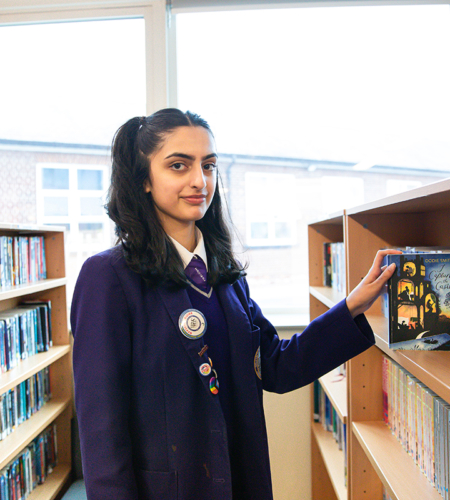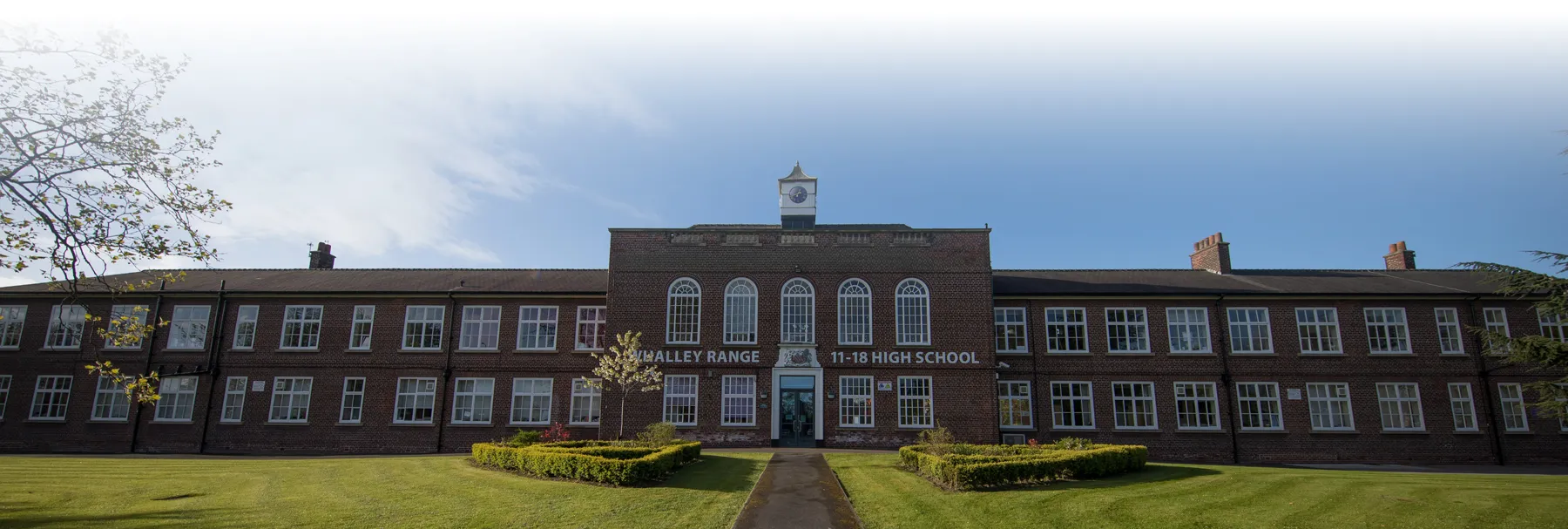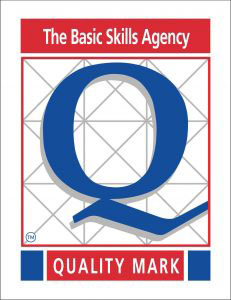Your Daughter and Reading
Why is Reading so Important?
Reasons why reading needs to be an essential part of a child’s upbringing:
- Those who read independently while at secondary school do better in ALL subjects, including English, science and maths
- According to the latest report from the National Literacy trust, as children transition from primary to secondary school, their levels of literacy engagement and mental wellbeing both decline and can continue to decrease if support is not put in place. Those who DO read, have significantly better mental health than their peers
- GCSEs have a lot of challenging questions in every exam and most subjects have difficult texts to read. Students need a reading age of at least 15 years old to access these fully
- A wide vocabulary is one of the most powerful tools students can possess. There’s no better way of expanding this knowledge than reading
- Reading develops empathy, imagination and creativity in maturing minds
- Reading is a way to experience cultures and life styles that may otherwise not be experienced
- Reading is cheap and highly engaging entertainment! The recommended reading list is a good place to start for students who find reading ‘boring’ or only ever read the same type of book
- Escaping real life into a world of fiction can be relaxing – a must-have in a stressful word of exam pressures, peer pressure and social media
How Can You Support Your Daughter?
In our busy, adult lives it can be a challenge supporting our children with their reading but with a bit of time and effort it can be rewarding for both of you. Here are some ideas that may help:
- Model reading aloud to your daughter, asking her to summarise what you have read and her thoughts on the topics/story
- Ask your daughter to read aloud to you and then encourage her to explain the meaning of more difficult words or to summarise what she’s just read
- Allow her to visit and join her local library
- Read the same book as her so you can talk about it together
- Set a timer for 20 minutes as many days a week as you can then sit together reading your own book/magazines. This way you model that it’s important to you as well
- Point out an interesting article you’ve read online or in a newspaper. Ask your daughter what she thinks about the issues raised
- Ask your daughter what she’s reading in her own time so they know it is an expectation
- Take part together in one of our school-wide reading challenges and look at the recommended reading lists on our website to suggest new texts to read
- Allow her time in her days to read for pleasure: it’s just as important as any other piece of homework and will not only support her learning but will support her emotional wellbeing
- Ask your daughter to read aloud to a younger member of the family
- Provide her with a notebook where she can record new or interesting vocabulary
- Accept that young adult books are a safe and trusted way for them to explore the controversial issues around them – if it’s age appropriate then trust them to be able to handle sensitive content
Understanding Your Daughter’s Reading Age
Every term, your daughter will have her reading age measured through an online platform called Literacy Assessment Online. A series of increasingly challenging questions are asked which test her knowledge of vocabulary. Every child will experience a different test as it adapts to their answers.
The test will generate a reading age for your daughter, which is printed onto the progress report. For example, if your daughter has a reading age of 14/1, this means that she has a reading age of 14 years and 1 month. Ideally, your daughter’s reading age should match her chronological age.
If your daughter’s reading age is a little below her actual age, here are some strategies which may support her to develop her reading further:
| Reading Age | Ways to Improve Your Daughter’s Reading |
|---|---|
| Reading age = in line with or above actual age |
|
| Reading age = up to a year below actual age |
|
| Reading age = more than a year below age |
|
If you have any questions about your daughter’s reading ability, please don’t hesitate to contact her English teacher, Miss Wicikowski (literacy co-ordinator) or Mr Parker (Assistant Headteacher for whole-school reading).
























